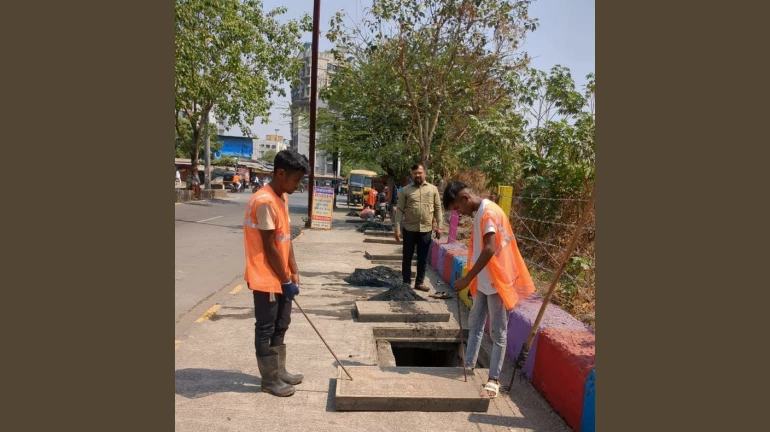
The Brihanmumbai Municipal Corporation (BMC) has defended its centralised slum sanitation tender in its response to an affidavit filed on Friday, April 19, to a writ petition submitted by the Mumbai Sahar Berojgar Seva Sahakari Sanstha. The Sanstha is a group of 584 sanitation, allied workers, and waste segregation societies in the city.
The Sanstha opposed the tender, saying that it would stop current organisations involved in slum sanitation from submitting bids. These organisations include NGOs, women's self-help groups, and societies of the unemployed under the Swachh Mumbai Prabodhan Abhiyan (SMPA) scheme. The Sanstha argued that the new tender would leave about 2,000 volunteers with no income.
The civic body responded by outlining the changes between the old and new SMPA schemes. They highlighted the benefits of the new tender. Here are the key changes between the old and new SMPA schemes, as outlined by the BMC:
1. Unlike the current scheme, where volunteers perform work, workers under the new tender will be carefully selected.
2. The new scheme includes supervision of the workers by the contractor.
3. Workers under the new scheme will be present to handle complaints.
4. The new scheme includes penalties for unattended work.
5. Workers will be provided with appropriate safety gear, tools, and technology under the new scheme.
6. The conditions of service will shift from a "voluntary" one that pays just INR 5,600 per month to a worker contract that pays the minimum wage, or about INR 20,000 per month.
The Sanstha further claimed that the tender went against a 2015 state government resolution. This resolution directed civic organisations to provide employment opportunities to jobless people's societies. The BMC pointed out that this was limited to work under INR 3 lakh. The work under the new slum sanitation tender would cost around INR 1,400 crore over four years.
The BMC stated that the financial requirements and tender conditions are essential. They also said that the Berozgar Sanstha cannot ask for exclusivity over sanitation activities. The new procurement deals with slum sanitation on a city-wide scale. The matter's next hearing is scheduled for Monday, April 22.





